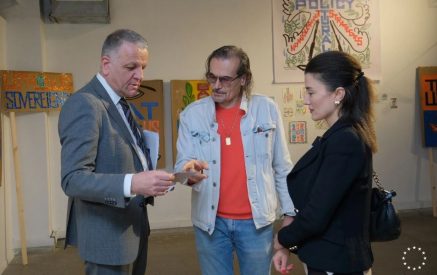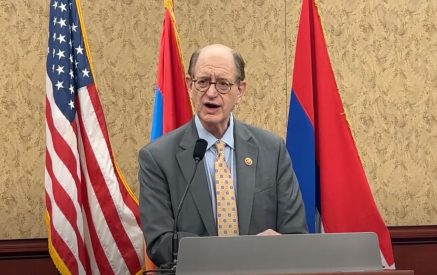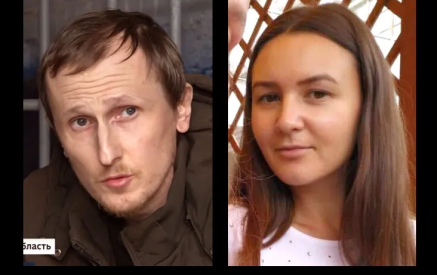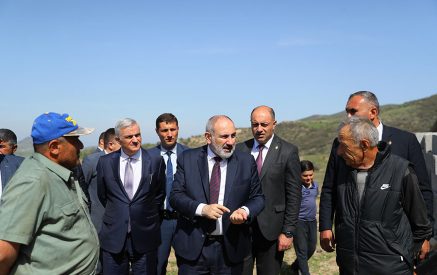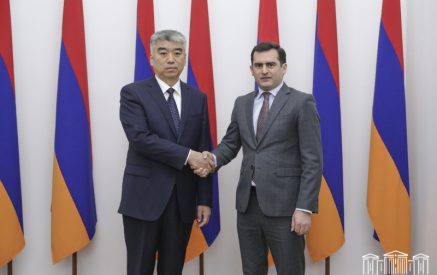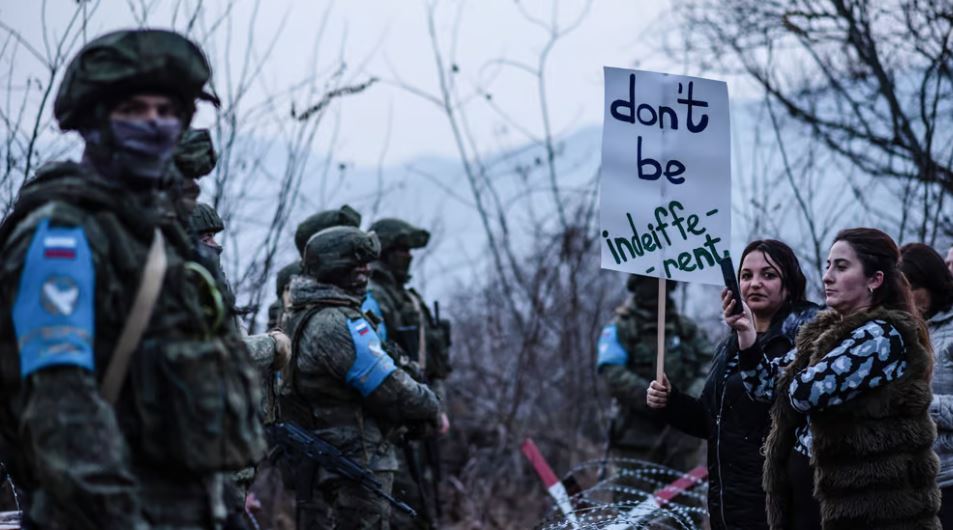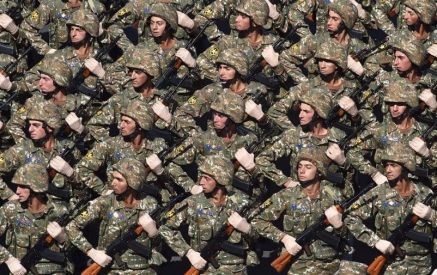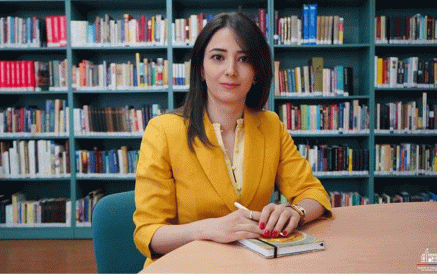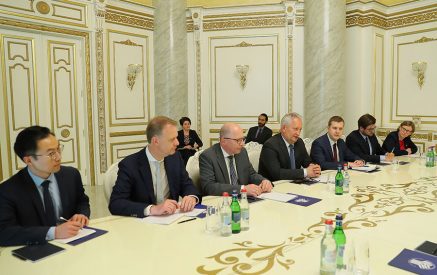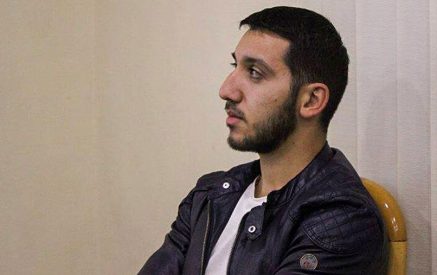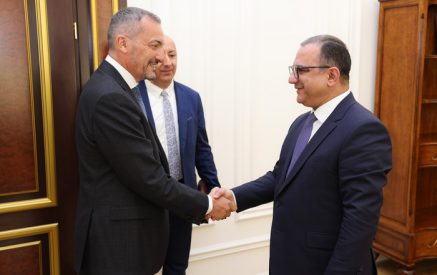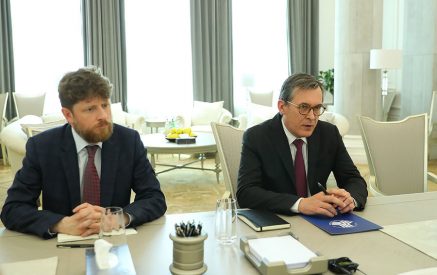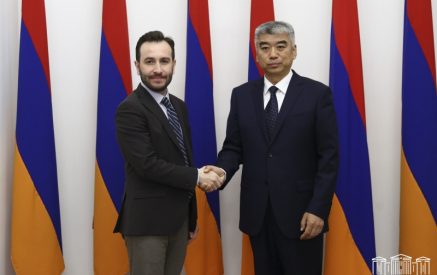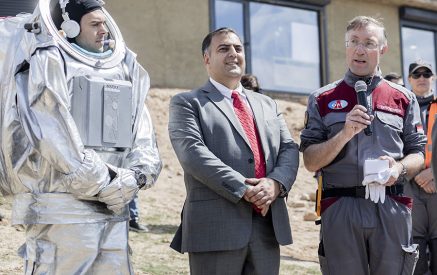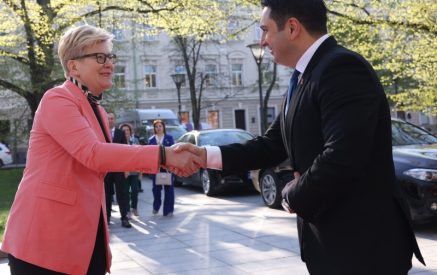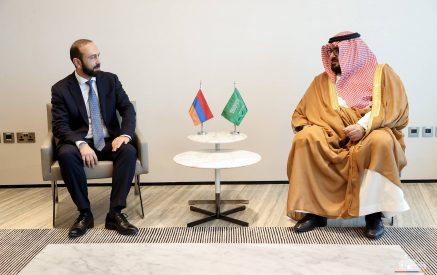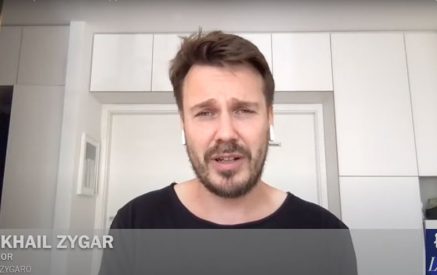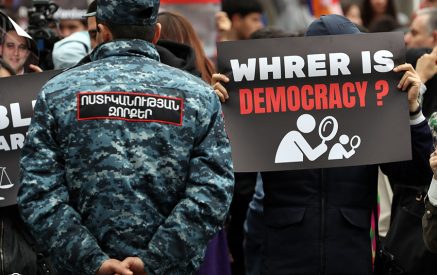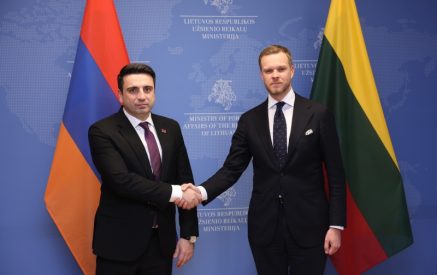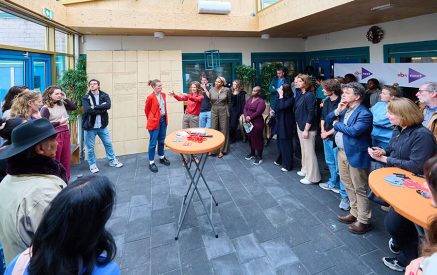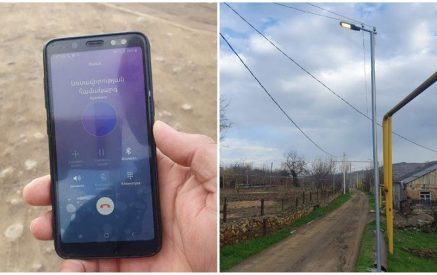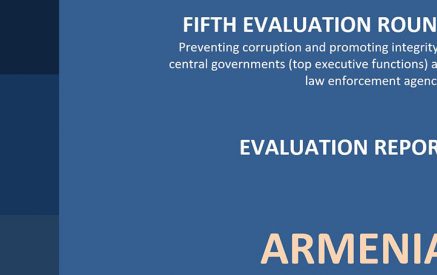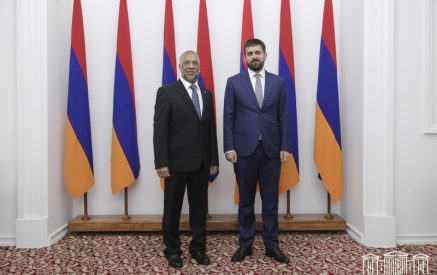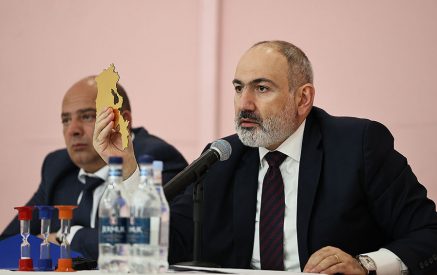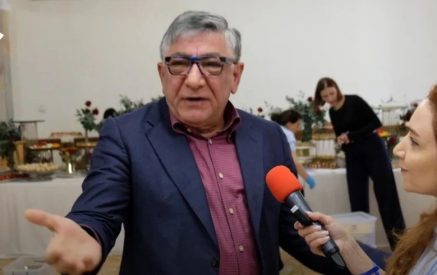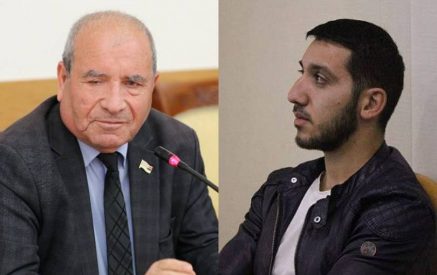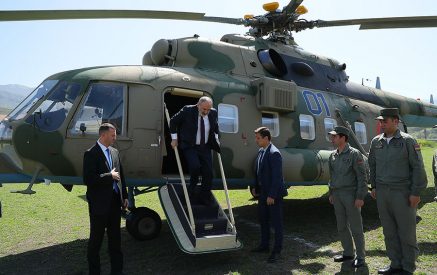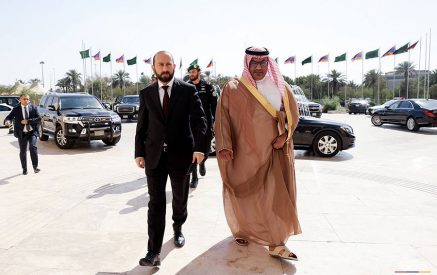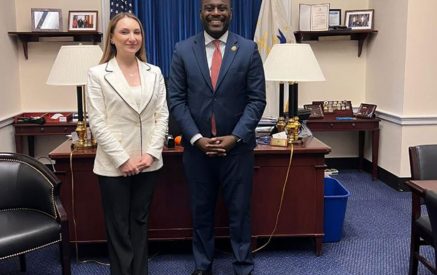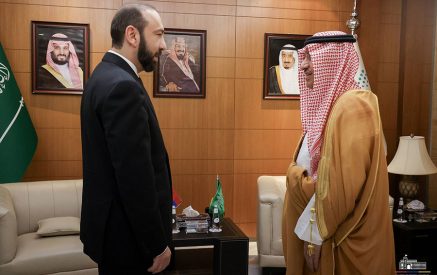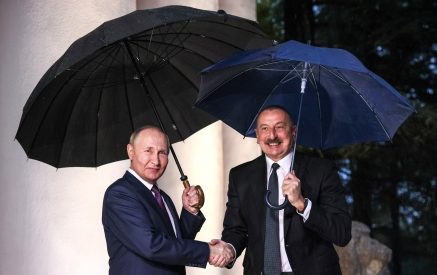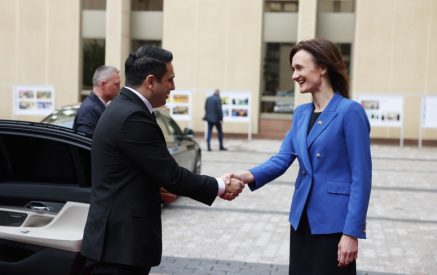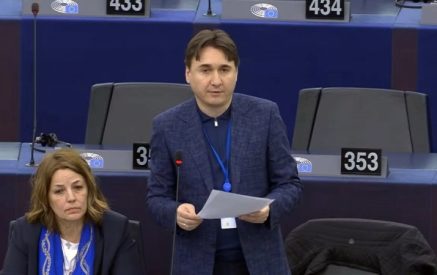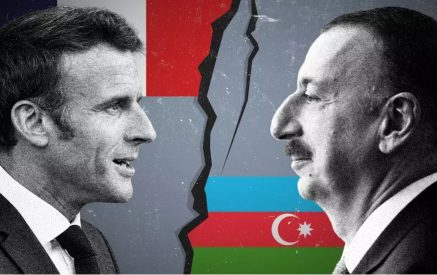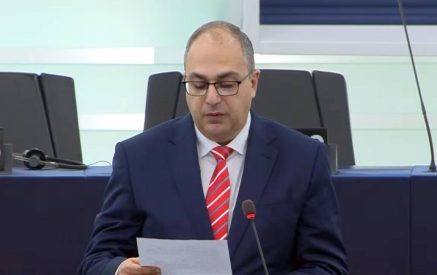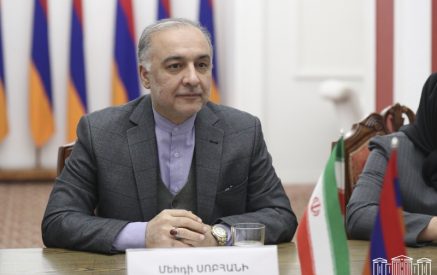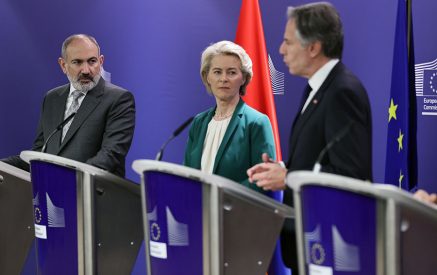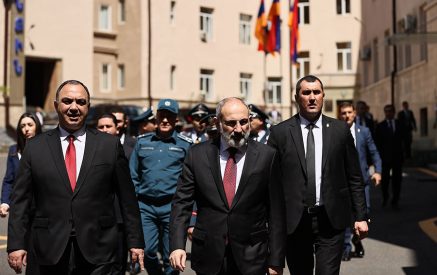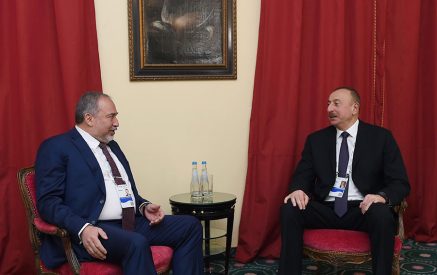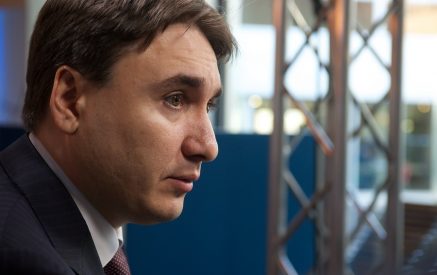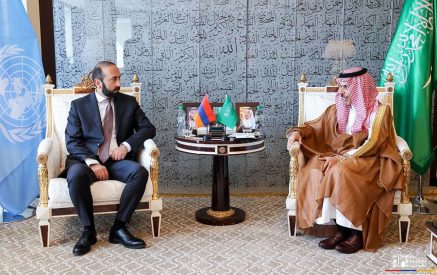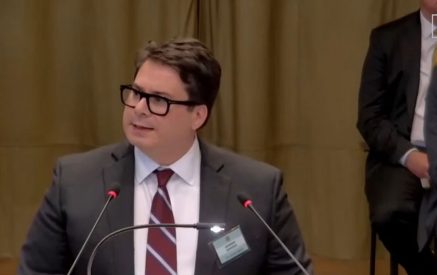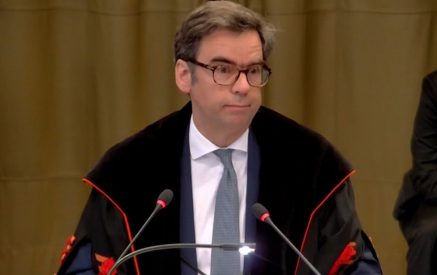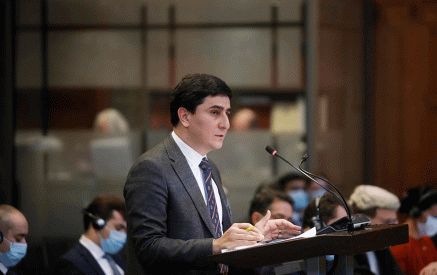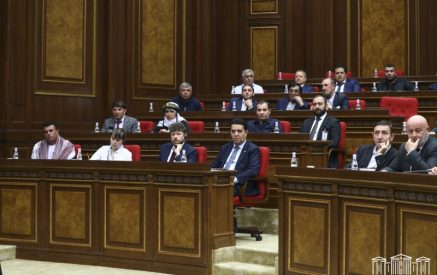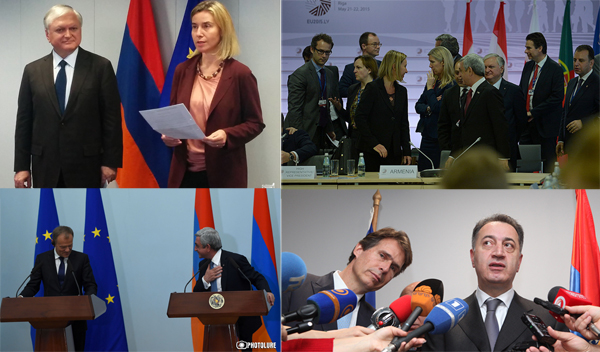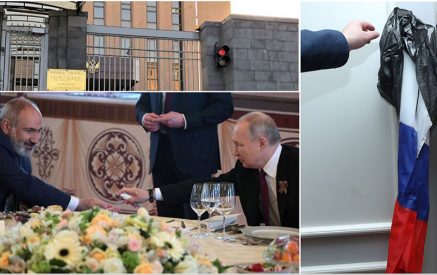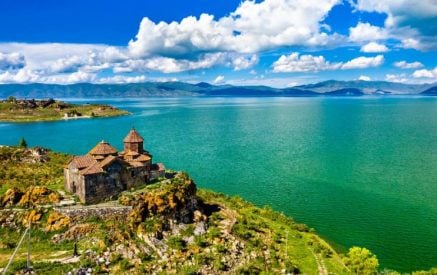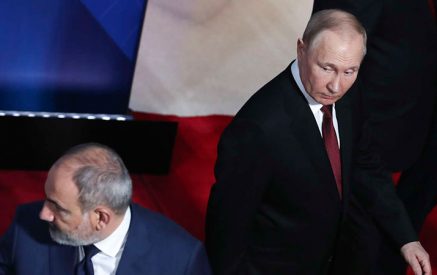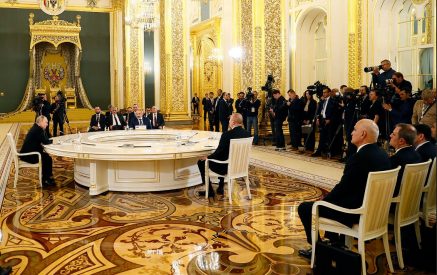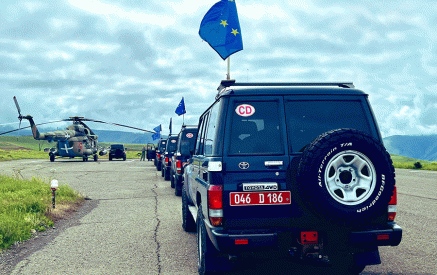With regard to stability, security, territorial integrity and sovereignty maintenance, Armenia will have a new platform
In October, the EU Foreign Affairs Council authorized the European Commission to kick off talks with Armenia on a new legal basis. This was an important move for Armenia as a new opportunity to develop relations with the EU, which in turn proves that although Armenia’s accession to the Eurasian Economic Union, however, our country has not lost its strategic importance for the EU.
It is supposed that the new negotiations will last shorter than the EU Association Agreement talks and according to the circulated information, the document will have both political and economic elements. If on the political element, we can imagine what requirements the EU can place before Armenia, and the European partners will be more strict regarding the fulfillment of the obligations assumed by Armenia, then the economic element is more complex, given our country’s accession to the EaEU. For the fulfillment of the commitments, the EU promises Armenia not only financial assistance but also one more chance to balance the foreign policy and to become more attractive for the Western investors.
In the beginning of last month, the European Commission’s Director for Russia, Eastern Partnership, Central Asia, Regional Cooperation and OSCE Gunnar Wiegand, the European External Action Service (EEAS) Director for Russia, Eastern Partnership, Central Asia, Regional Cooperation and OSCE, visited Yerevan to attend the regular meeting Armenia-EU partnership committee, which was co-chaired by him and the Minister of Economy of Armenia, Karen Chshmarityan. “I do not think that Russia would intervene in the Armenia-EU talks because Armenia is holding consultations with its EaEU partners. Kazakhstan did the same, with whom we negotiate to sign an agreement. Naturally, the countries are obliged to take into account the commitments that have already been undertaken. We are in an either-or situation,” noted Wiegand.
Read also
He did not make it clear when this new agreement between Armenia and the EU will be signed. “I remember when we started the negotiations on the Association Agreement, we are asked this question when you are going to sign this document. The previous negotiations lasted three and a half years, after which we did not sign the agreement. So, this time, we want to negotiate and sign the document. It is not good when the negotiator says when the document will be signed. We do not want to encounter a deadline.” In the new agreement, essentially, the political arrangements left still from the Association Agreement will be maintained, the situation is different in the economic sphere. “We are going to have a very important document because it will include a very wide range. I do not think that there will be significant changes in the foreign and domestic policies, even in the economic and sectorial cooperation sections, but a different approach will be to trade and investment matters because this is not an agreement granting privileges. We respect the choice that Armenian has made by accession to the Eurasian Union.”
On December 7, Yerevan and Brussels announced the official launching of negotiations on new legal document between Armenia and the European Union. At the European Union Headquarters, Armenia’s Foreign Minister Edward Nalbandyan and the European Union High Representative of the European Union for Foreign Affairs and Security Policy and Vice-President of the European Commission, Federica Mogherini, announced the official launching of negotiations on a new legal document between Armenia and the EU. “Our shared common values and strong commitment to democracy, human rights, rule of law will be at the basis of the new agreement,” said Federica Mogherini. “These will create favorable conditions for stronger cooperation in sectors such as energy, transport, and environment; for new opportunities for both sides’ trade and investment; and also for increased mobility to the benefit of our citizens, both in the EU and in Armenia,” she added.
The press release of the EU Delegation to Armenia says that the future Agreement will replace the current Partnership and Cooperation Agreement (1999) and reset EU-Armenia relations within the wider framework of the recently-reviewed European Neighborhood Policy and of the Eastern Partnership. It also serves as an opportunity to definitively turn the page following uncertainties created in 2013 when the negotiated EU-Armenia AA/DCFTA could not be completed following Armenia’s decision to join the Eurasian Economic Union. The launch of negotiations follows a successfully completed joint scoping exercise for a comprehensive agreement covering political, economic and sectoral cooperation, and taking into account Armenia’s international obligations. Negotiations between the two sides will now commence in earnest.
According to a press release by the Ministry of Foreign Affairs of Armenia, at the meeting with Edward Nalbandyan and Federica Mogherini, the RA Foreign Minister stressed the importance of the EU Council’s decision that mirrors the differential principle applied towards the partners give the progress in the fulfillment of their commitments in democratic reforms, human rights, the rule of law and the effective management spheres. The meeting also addressed the dialogue on visa liberalization. In his welcome speech, Edward Nalbandian said, “Armenia enjoys close links with the European Union and is determined to further develop and strengthen comprehensive cooperation in all areas of mutual interest, taking into account our commitments within other integration formats. This determination has deeply rooted basis.”
Yerevan officially stated that it is committed at the continuous promotion of human rights and rule of law, consolidation of democratic institutions and improvement of judiciary, good governance, fight against corruption, strengthening the civil society. “The further improvement of the framework for enhanced trade and investments, and increased sectoral cooperation are among the priorities of our common agenda… It is almost two years now that the EU-Armenia Visa Facilitation and Readmission agreements are being implemented. We do believe that it is high time to move further and launch a dialogue on visa liberalization. Following the successful negotiations of last month, we look forward to signing in coming days the agreements on Armenia’s participation in a number of EU programs, such as “Horizon 2020”, and the Program for Competitiveness of Small and Medium Enterprises (COSME). In the area of transport, the Government of Armenia has expressed its readiness to conclude a common aviation agreement, following the liberalization of the aviation market through the Open Skies Policy,” said Nalbandian. Thus, the EU-Armenia new document will replace the current Partnership and Cooperation Agreement and the Partnership Agreement based on human rights, democracy and the rule of law principles. Yerevan officially refusing to sign the EU Association Agreement, in its attempts of rapprochement with Brussels, so to say, succeeded.
The authorities of Armenia have long ago stated that they were ready to continue their relationship with the EU and obtain the consent of the EU to receive another chance to sign another agreement. Some time later, Brussels showed flexibility. Armenia obtains a new status, which is an additional measure in terms of using the chance for maintaining stability, security, territorial integrity and sovereignty in our country under the quite complicated situation in the region and the world nowadays. As to how the RA authorities will actually use this new opportunity to reach the European requirements presented in the spheres of democracy, human rights, etc. inside the country, time will tell. All depends on the sincerity and the political will.
Emma GABRIELYAN,
“Aravot” daily

